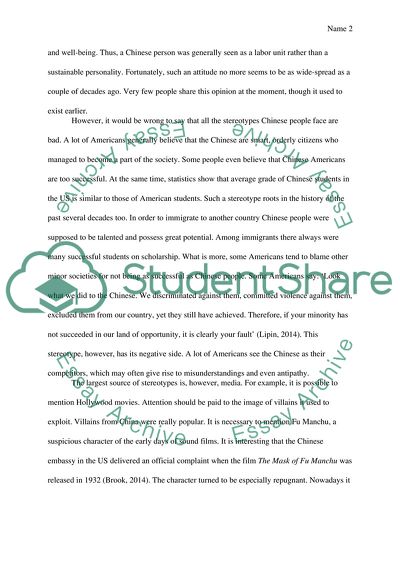Cite this document
(Stereotypes about the Chinese in the United States Essay Example | Topics and Well Written Essays - 1500 words - 1, n.d.)
Stereotypes about the Chinese in the United States Essay Example | Topics and Well Written Essays - 1500 words - 1. https://studentshare.org/social-science/1871498-opinion-essay
Stereotypes about the Chinese in the United States Essay Example | Topics and Well Written Essays - 1500 words - 1. https://studentshare.org/social-science/1871498-opinion-essay
(Stereotypes about the Chinese in the United States Essay Example | Topics and Well Written Essays - 1500 Words - 1)
Stereotypes about the Chinese in the United States Essay Example | Topics and Well Written Essays - 1500 Words - 1. https://studentshare.org/social-science/1871498-opinion-essay.
Stereotypes about the Chinese in the United States Essay Example | Topics and Well Written Essays - 1500 Words - 1. https://studentshare.org/social-science/1871498-opinion-essay.
“Stereotypes about the Chinese in the United States Essay Example | Topics and Well Written Essays - 1500 Words - 1”. https://studentshare.org/social-science/1871498-opinion-essay.


